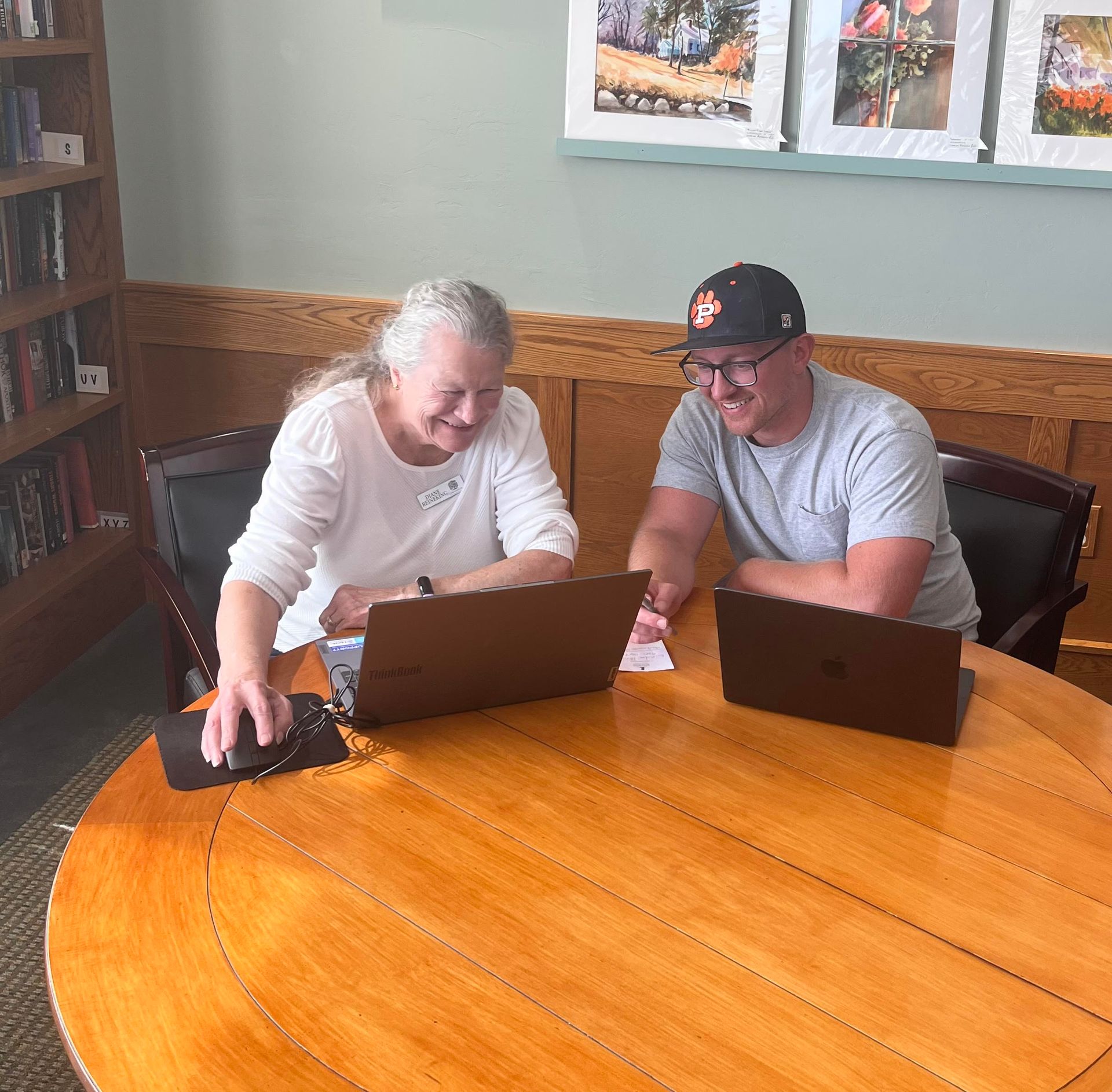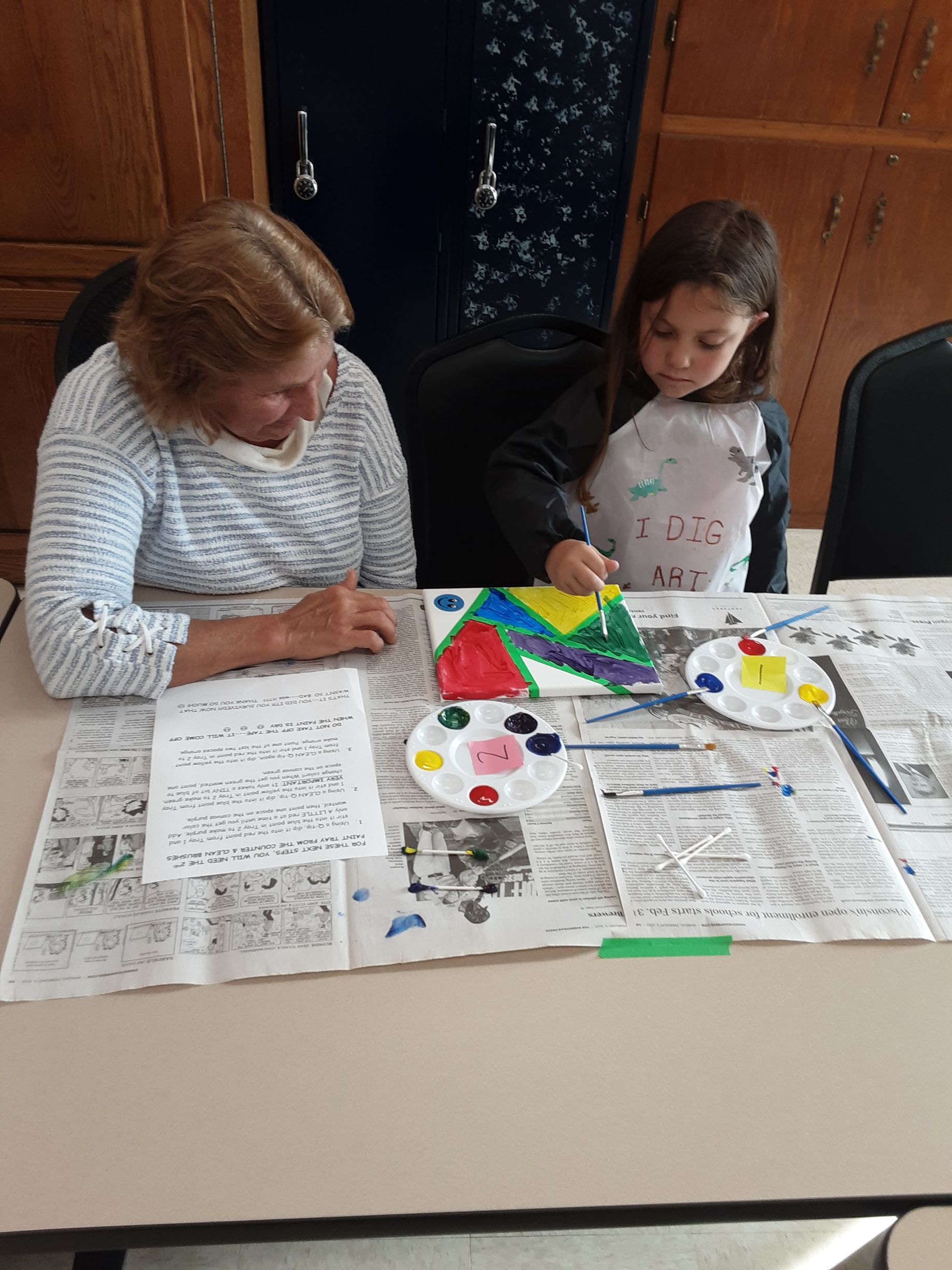Relieving Isolation & Loneliness
Loneliness affects people of all ages, but small moments of connection can make a life-changing difference.
Why it Matters
Loneliness isn’t just a feeling—it’s a serious health concern. Studies show that chronic isolation can increase the risk of heart disease, depression, cognitive decline, and even premature death. Yet, connection is one of the most powerful tools we have for healing. By creating spaces where people can share stories, build friendships, and feel truly seen, we help restore purpose, belonging, and joy to everyday life.
In 2023 the U.S. Surgeon General (Dr. Vivek Murthy) declared loneliness and isolation an epidemic in America. People told him that they felt invisible and insignificant. Some felt that if they disappeared, no one would even notice. He found confirmation in the scientific literature noting that one in two adults in America reported experiencing loneliness – even before the Covid 19 pandemic.
Loneliness is a distressing feeling from lack of meaningful connections. One can feel lonely even when surrounded by lots of people. Social Isolation results from having few social relationships and infrequent social interactions. Dr. Murthy reports that loneliness is more than just a bad feeling, it harms both individual and societal health. He notes that the impact of being socially disconnected is similar to that of smoking up to 15 cigarettes a day.
Our Mission is ‘to bring generations together to cultivate individual and collective well-being. Thus, we felt compelled to address this issue in our community. We launched an initiative last year to relieve loneliness and isolation through our storytelling activity called “Tales of.‘ We chose several different topics including tales of pets, grandparents, and ‘firsts’ (first love, school, job, etc.). We continue our efforts through awareness raising, and reaching out to those who may be experiencing loneliness or are feeling isolated.


Isolation & Loneliness can be hard on people’s minds, necessitating Generations to take steps to try to lessen their burden on people. Loneliness and social isolation can lead to mental health issues and emotional vulnerability, increasing the risk of developing other chronic conditions and further isolation. They can also affect people at different stages in their lifespan.
“Loneliness begins early, as a quiet feeling that teaches a child that being alone can be uncertain, that closeness can come and go. As teenagers, loneliness can become even sharper. It begins to sound like self-doubt, filling the mind with questions about belonging and worth. Silence feels heavy, and thoughts become walls meant to keep out pain. In adulthood, loneliness can sometimes hide in different ways, blending into routine, hiding behind phones and work, and thinking of oneself as independent. Finally, in later life, loneliness can also deepen. Family rooms grow quieter, and memories of years gone by replace the conversation of people they once knew. People begin to wonder if they still matter, if anyone truly knows them?”
Loneliness and isolation, in general, are painful. Depression, anxiety, and trauma, for example, may be lurking below the surface in the narrative above. Sleep disruption, stress, and cognitive impairment may otherwise occur.
What some people may not recognize is that there can be a physical health connection as well. In fact, the mind can influence the body, and the body, the mind too. This is called the “mind-body connection,” and there are analogies for this. One analogy is that in the human body, the mind is like the software, and the body is, hardware. Glitches in the software can slow down the hardware (physical health concerns), and damaged hardware can limit the software’s potential (cause mental health issues). Another is the dynamic between a conductor and an orchestra.
When people are lonely, they can experience a vast array of physical health symptoms, including inflammatory diseases and cardiovascular diseases. The latter category can include coronary heart disease and hypertension, for example. Other ailments include obesity, physiological aging, cancer, poor hearing, and poor health in general. into account the mind-body connection, it is understandable why these things can happen. Cycles of ill health can result.

Together, We Can Change the Story
Loneliness and isolation don’t fade on their own — they fade when people reach out, connect, and feel seen. At Generations, we believe no one should navigate life alone, and every person deserves a place where they belong. Through programs like Tales of and intentional outreach across our community, we are building spaces where stories are shared, friendships grow, and purpose is rediscovered.
This work matters. And with your participation, support, and compassion, we can create a community where everyone feels valued — and no one feels invisible.
